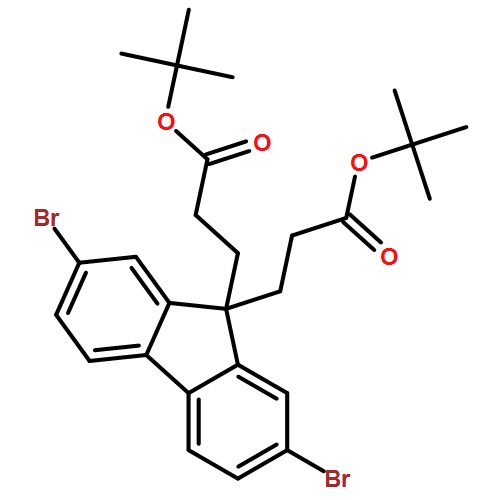Co-reporter: Yongmei Jia, Xiaolei Zuo, Xiaoding Lou, Mao Miao, Yong Cheng, Xuehong Min, Xinchun Li, and Fan Xia
pp: 3890
Publication Date(Web):February 19, 2015
DOI: 10.1021/ac504690y
Nature owns remarkable capabilities in sensing target molecules, while the artificial biosensor lags far behind nature. Inspired by nature, we devise a new sensing platform that can specifically bind the molecules and synchronously initiate a specific signal response. We rationally designed a type of bipolar probe that is comprised of a hydrophilic DNA part and a hydrophobic conjugated polymer (CP) unit. In aqueous solution, they can form micelles with a hydrophobic CP core and a hydrophilic DNA shell. The aggregation-caused quenching suppresses the fluorescence of CP. Adding telomerase, the hydropathical profile of the bipolar probes is drastically regulated that results in the collapse of micelles and liberates fluorescence simultaneously. The probe has been used in both mimic systems and real urine samples (38 samples). We achieve sensitive and specific detection of telomerase and obtain clearly classification for normal people and cancer patients. It can also be used in a signal off sensor that is used to detect mercury ions.
